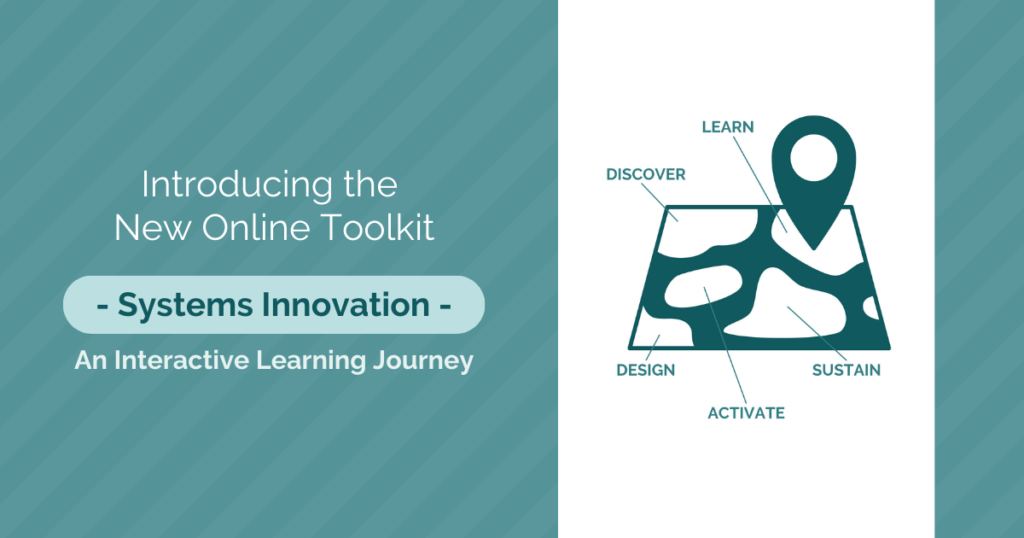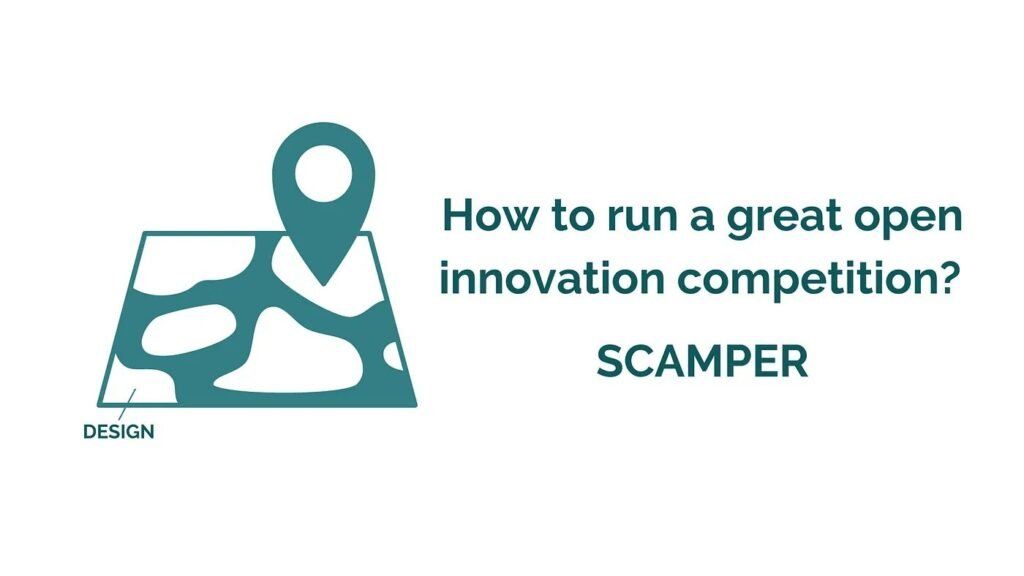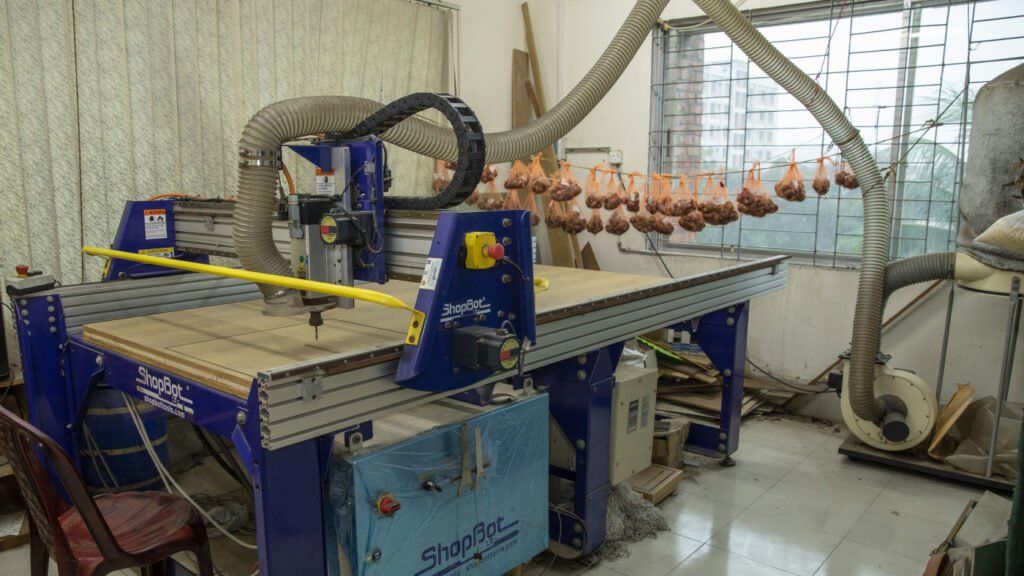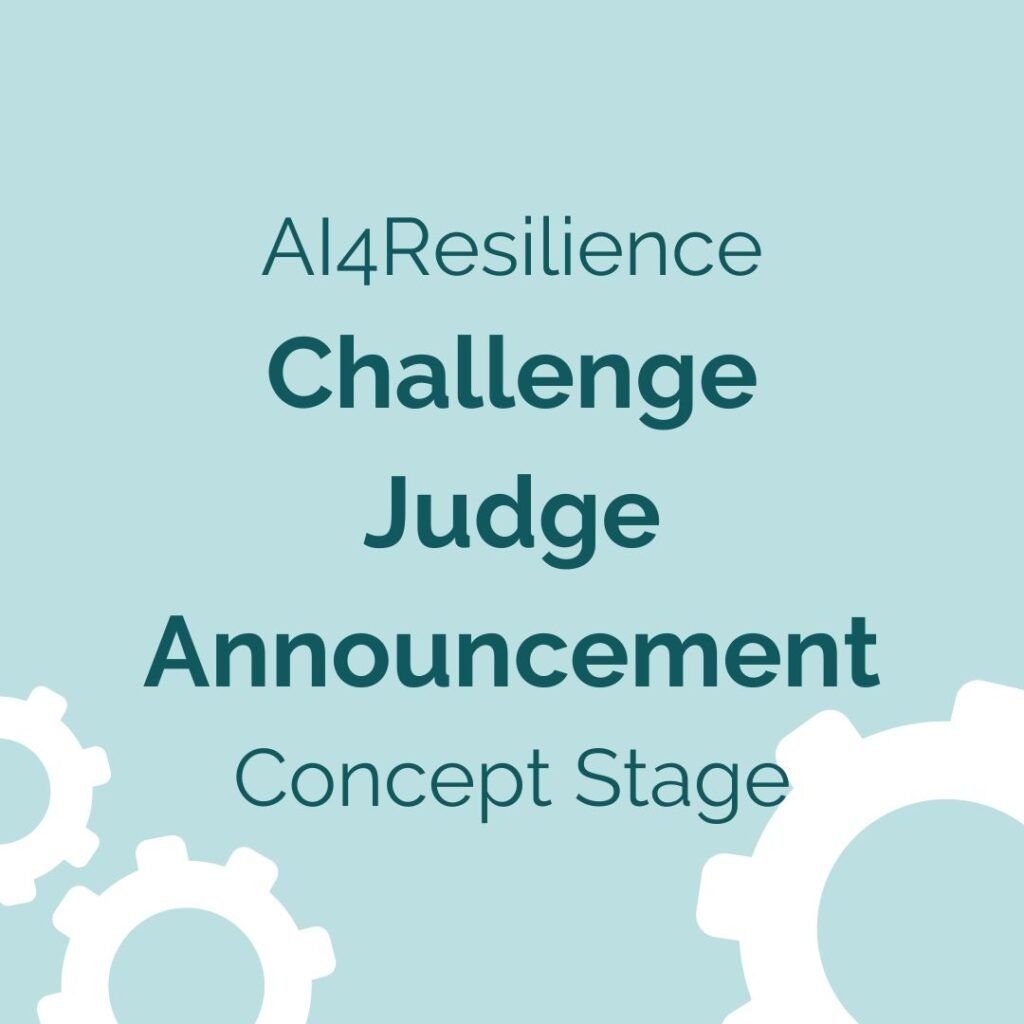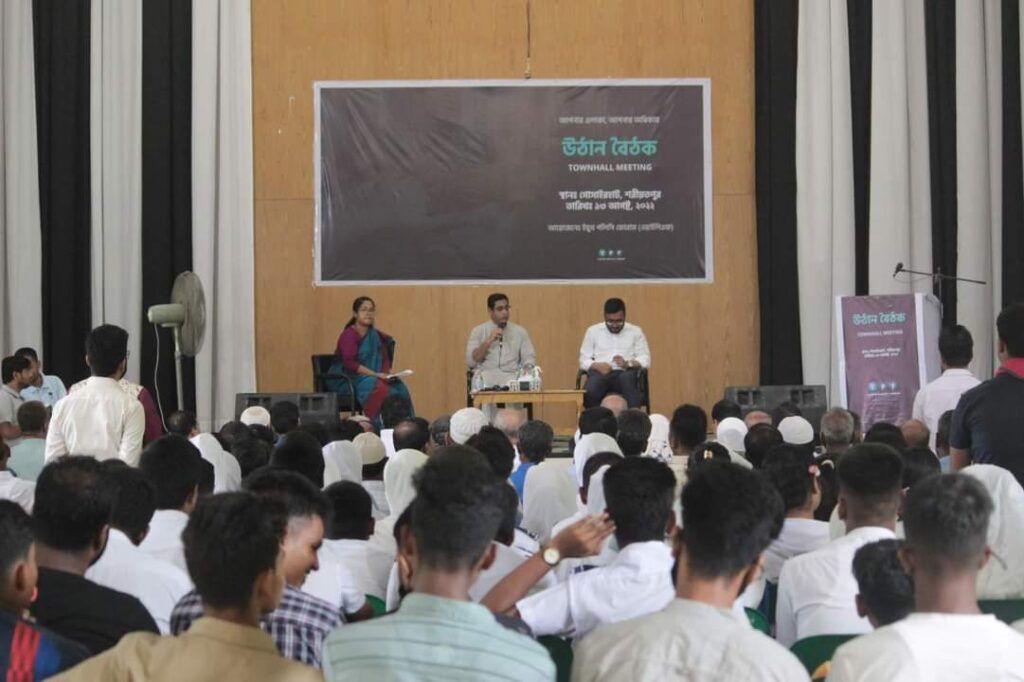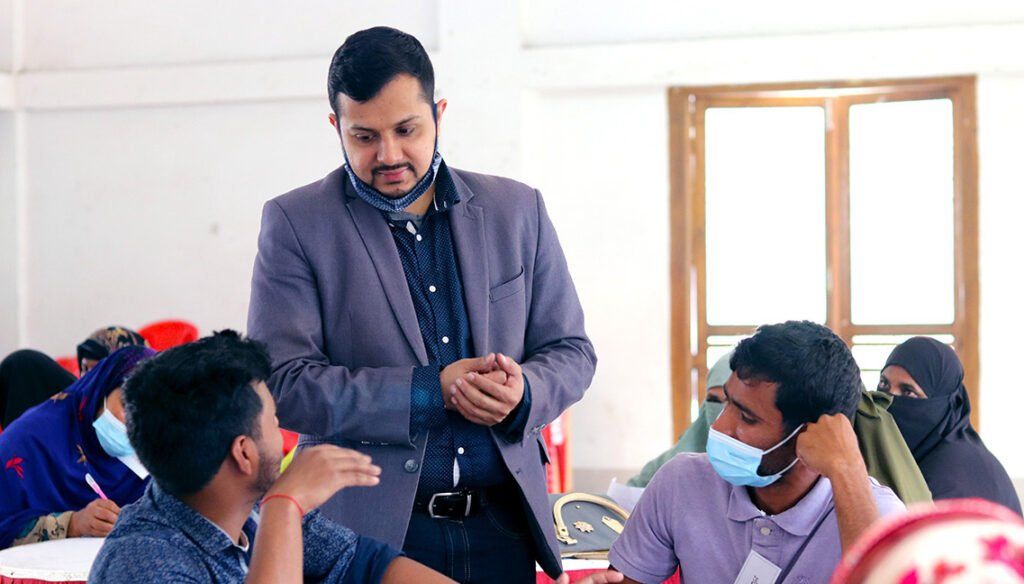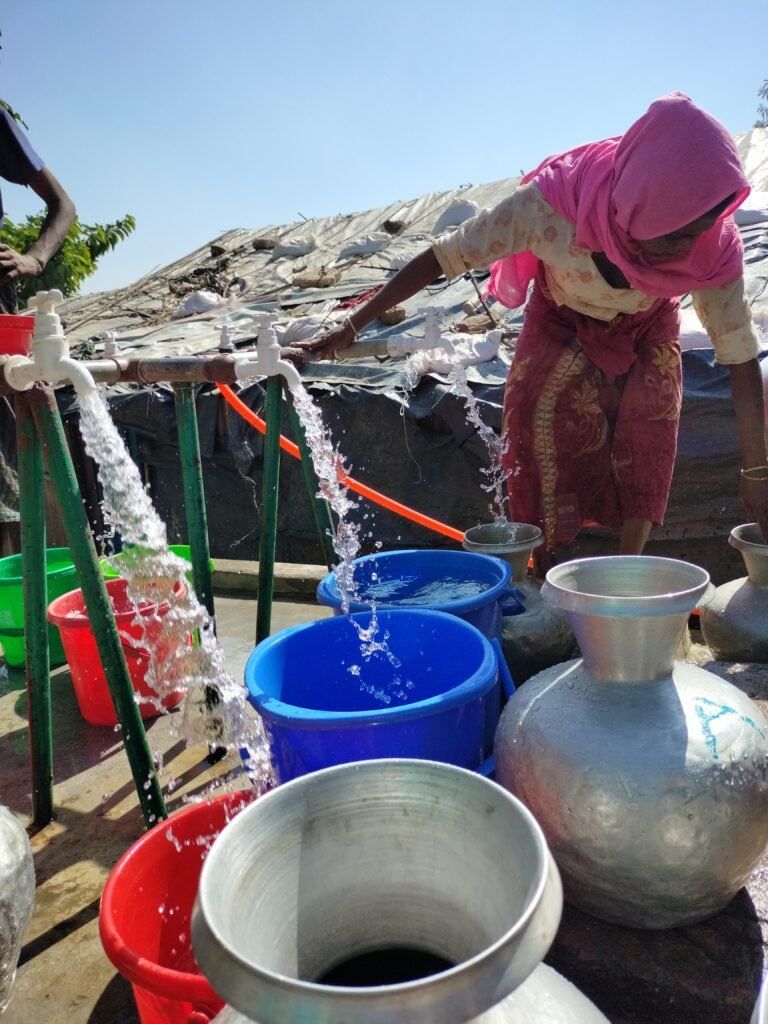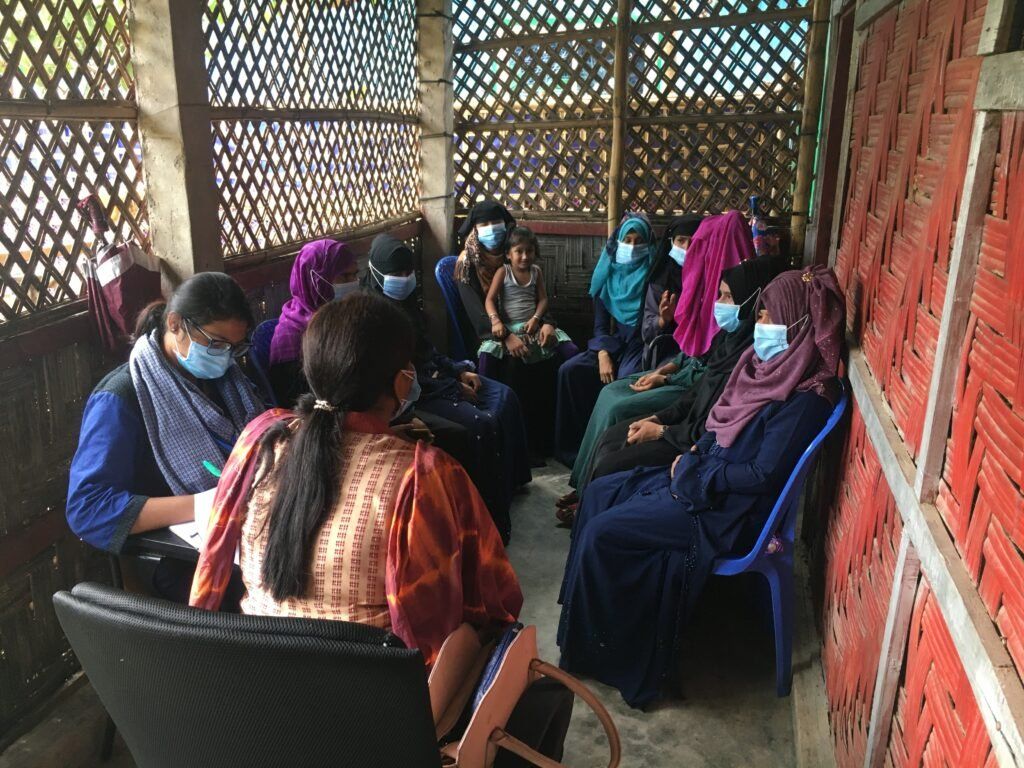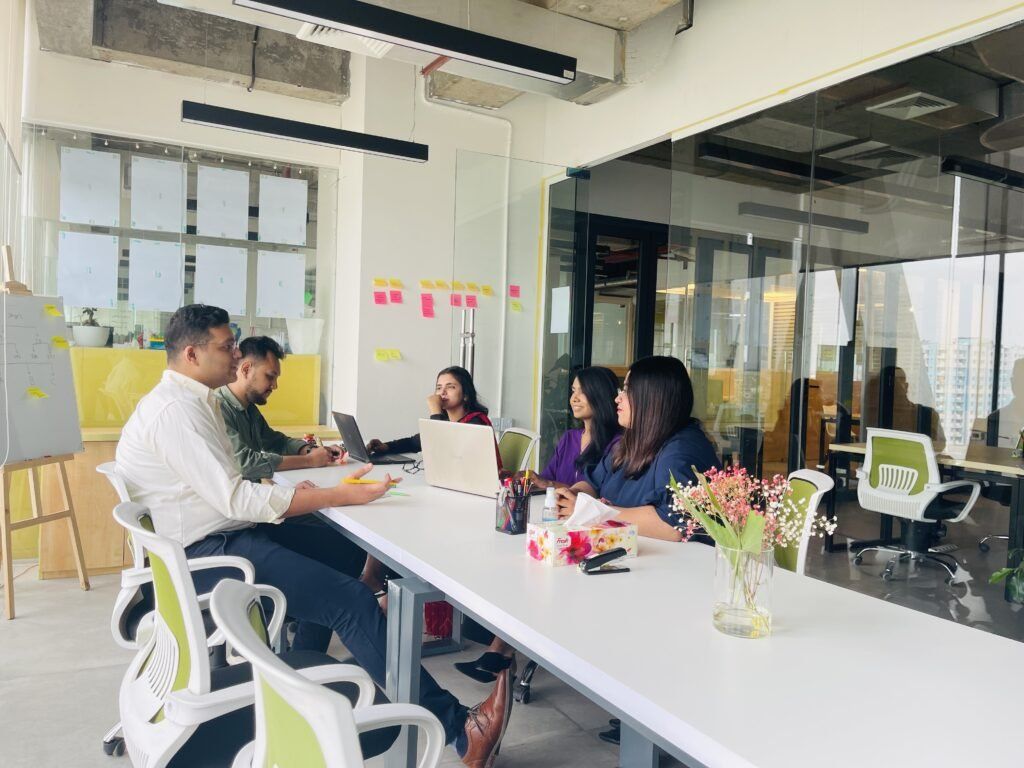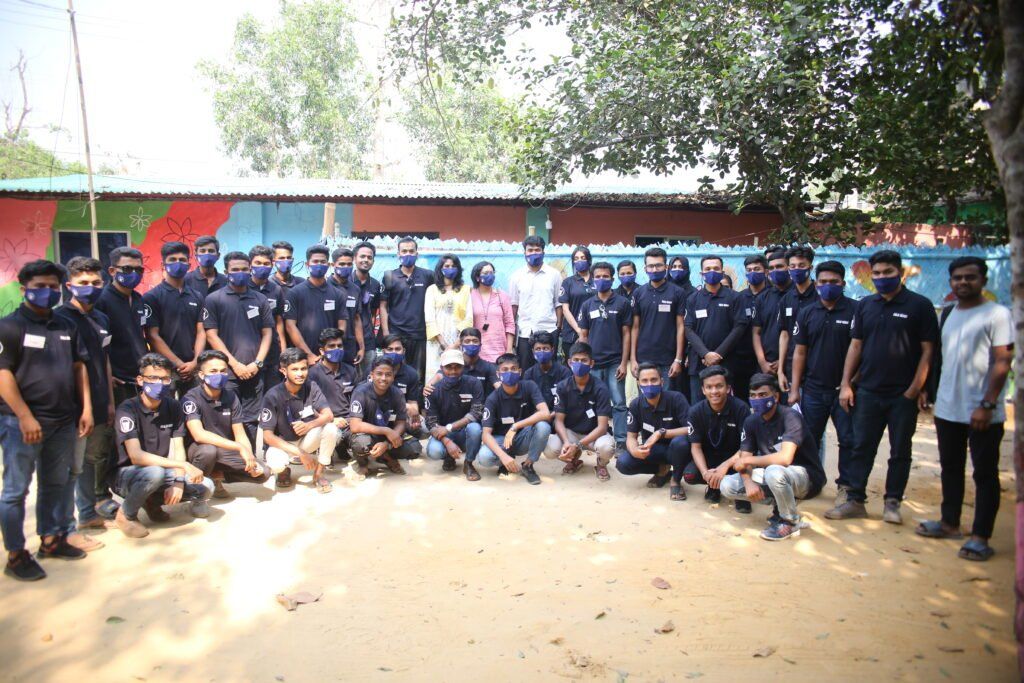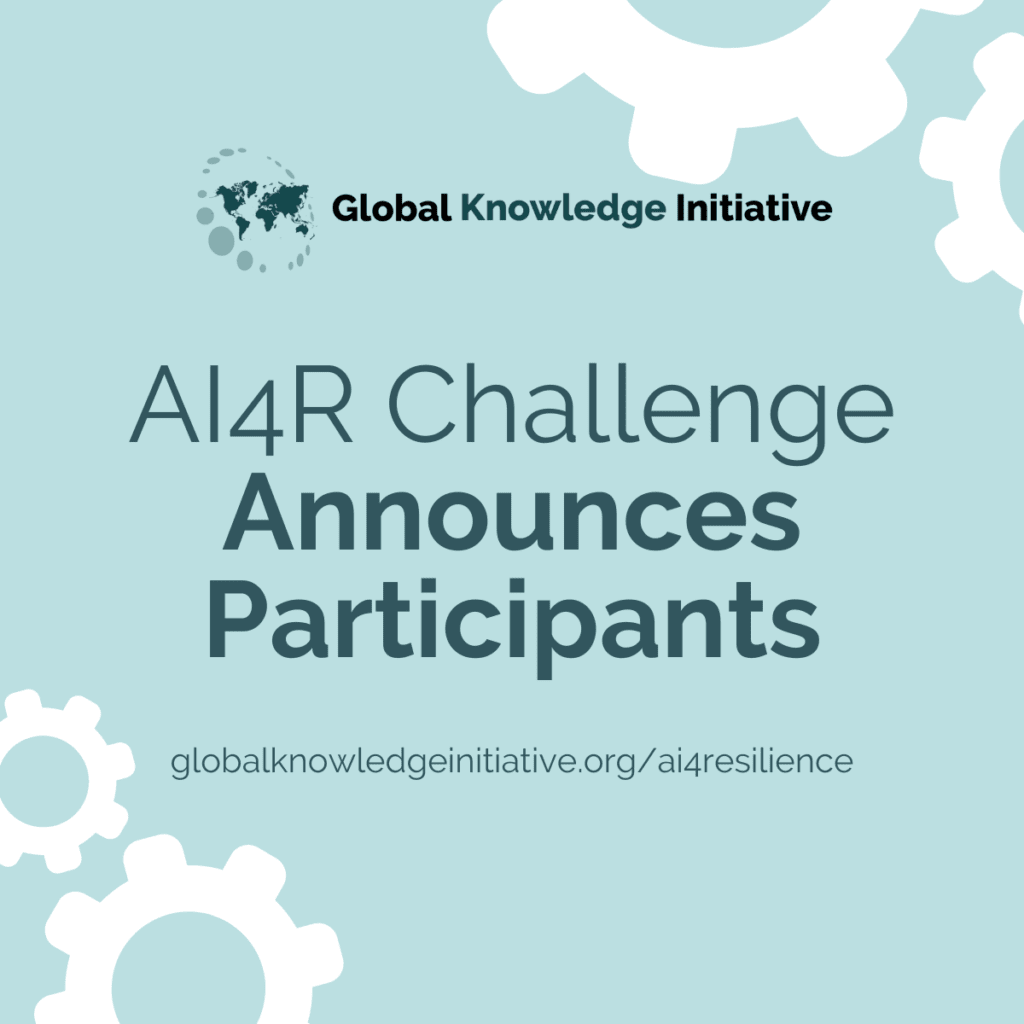Accelerating Innovation for Resilience (AI4Resilience)
Bangladesh faces several intersecting humanitarian challenges such as the Rohingya refugee crisis, climate-related vulnerability, and the impact of the COVID-19 pandemic. Yet many humanitarian innovation efforts are top-down, leading to the development of solutions that are not aligned with the needs of local communities. Programs, initiatives, and investments to foster local innovation will ultimately only be successful over the long term if they are part of efforts to strengthen collaboration, partnerships, and capacity across the local innovation ecosystem as a whole.
Through Accelerating Innovation for Resilience (AI4Resilience), we activated a network to strengthen the local humanitarian innovation ecosystem, and incentivize organizations and intermediaries to design and deploy solutions that could lead to systems-level changes in Bangladesh.
Our program was designed to allow the insights and natural leadership within the local ecosystem to emerge over time while building new capacities and networks for solution acceleration. This started with collectively mapping Bangladesh’s innovation system for humanitarian response and community resilience. Through this process, we identified strategic opportunities for transformation, leading to a Challenge Competition to incentivize, facilitate, and support ecosystem actors’ development and refinement of solutions.
The AI4Resilience program…
AI4Resilience engaged stakeholders throughout the program, resulting in an organic network that continues to work together to strengthen the ecosystem.

